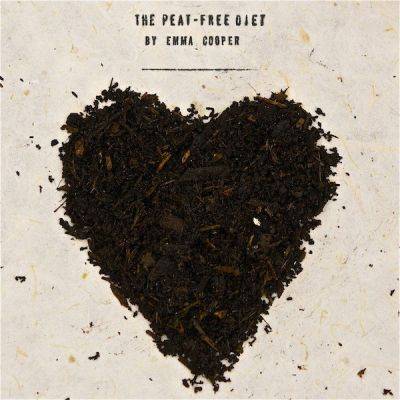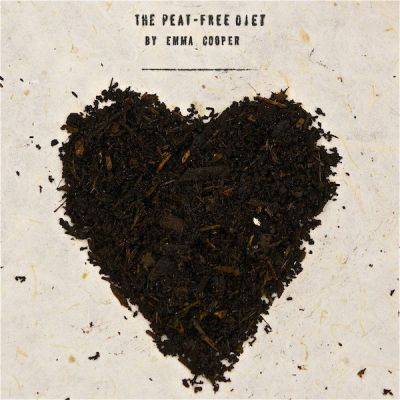Seed trays, modules and pots
Front garden peat-free fruit beds
21.08.2023 - 12:00 / theunconventionalgardener.com / Emma Doughty
Over the bank holiday weekend, Ryan and I came to the conclusion that the front gardens aren’t working for us as they are, and came up with a fairly drastic plan to annex one of them into the back garden, in order to provide us with an outdoor dining area. That plan is simmering away in the background, as we work out one or two niggly little details.
The upshot of this decision is that I am going to end up with less planting space, and I am rethinking the priorities for the space that I do have. That means the front garden, with its low-maintenance carpet of perennial edibles, is going to have to work a bit harder. It has poor soil, so the obvious answer was to put some raised beds in there to improve it and plant hungrier plants. I was very keen to find a home for the rhubarb (we really like rhubarb, and would eat as much as we can grow), and when we discussed what else we’d like to have more of, the answer was very fruity – gooseberries, raspberries and blackberries. My gooseberry and raspberry plants have been surviving in pots for years and would be more productive in the ground, and I’ve been looking for an excuse to try the new thornless, trailing blackberry plants (but don’t want to have to keep them watered in hanging baskets!).
And so out came the Feijoa sellowiana, the two Calycanthus floridus and the two buddleja ‘Buzz’. If they survive being unceremoniously ripped out and plonked into pots on a hot day then they will find a new home with my friend Chris. I moved a clump of Babington’s leeks, and one of the two white-flowered daylilies.
Meanwhile, Ryan was building raised beds:
Once they were ready we heaved them into position and plonked them down on top of the ground cover of wild strawberries, and then weeded
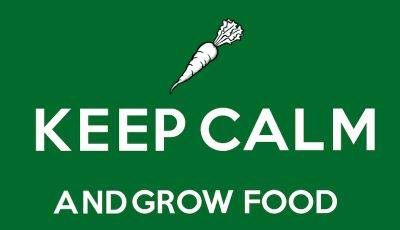
Eco Garden: Creating a new vegetable bed
Whether you made a New Year’s resolution to cut your carbon footprint, or the credit crunch is putting pressure on your food budget, now is the perfect time to try growing some of your own vegetables. You don’t need a lot of space, or expensive kit, to get started – and it doesn’t need to take up a lot of your time.
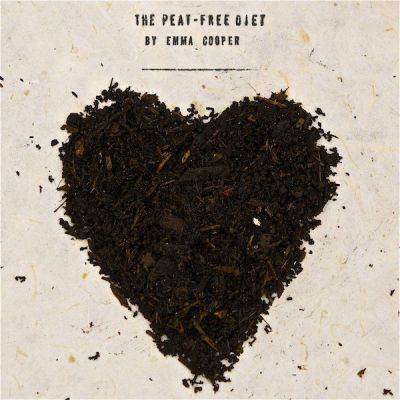
The Peat-Free Diet: Feeding plants in containers
When plants are grown in the soil they can send out roots, make friends with fungi, and source their own nutrients from their surroundings. In gardens we help them do this by improving and feeding the soil, a topic I will be returning to in chapter four. But when they’re confined in containers plants have a limited volume of soil and therefore a limited amount of nutrients to tap into.
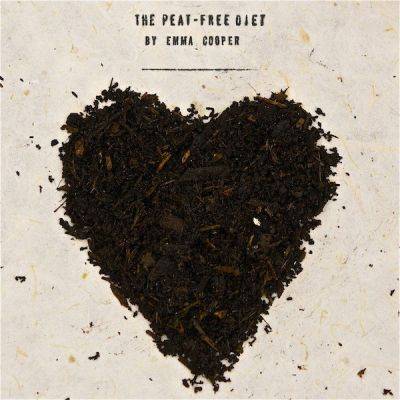
The Peat-Free Diet: Soil Composition
Soil isn’t one thing, it’s a collection of different things that come together to make the life-giving, plant-growing ‘dirt’ that we love. We have a tendency to poison it, cover it over and generally forget that it’s there, but good soil is the heart of a good garden and something we should pay a lot more attention to.
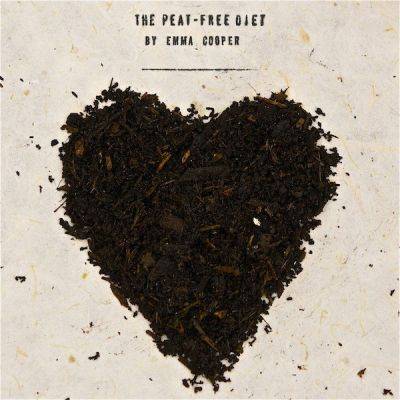
The Peat-Free Diet: Peat-free seed composts
An ideal seed compost is able to retain water, whilst at the same time letting excess water drain away to provide an environment that is damp but not waterlogged. It allows penetration of plant roots and is able to anchor plants, but has space for air. Its texture is consistent, and it is free from pests, diseases and weeds that would compete with the seedlings. As we have seen, it doesn’t need to contain many nutrients if seedlings are going to be pricked out; seedlings growing in modules will either need enough nutrients in the compost to support them through their first weeks of life, or suitable supplementary feeding.
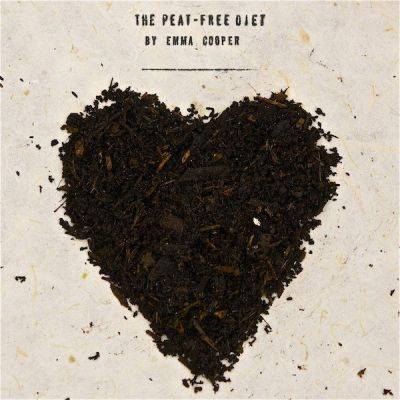
The Peat-Free Diet: Container Culture
There is a big trend at the moment in recycling containers to use in the garden (we’ve already touched on it with recycled food containers used for raising seedlings). There is also a large range of containers you can buy – from cheap plastic pots right through to enormous designer urns. What you choose is as much down to your budget as it is to your tastes, but all containers need to hold a suitable volume of potting compost and retain water whilst allowing any excess to drain away. If you are recycling containers to use for food plants then be sure that they’re clean and that they weren’t used to store anything toxic in their previous life. And remember that not all plastics are UV stable – some degrade when they’re exposed to sunlight.
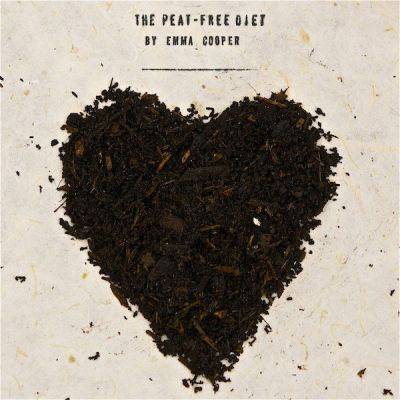
The Peat-Free Diet: Seedling development
When a seed sends out its first shoot and it rises above the soil level, germination is over and seedling development has begun. This is a particularly vulnerable time for the plant – it is running out of stored resources and needs to start collecting its own food. In this period of rapid growth it is also particularly at risk from pests and diseases.
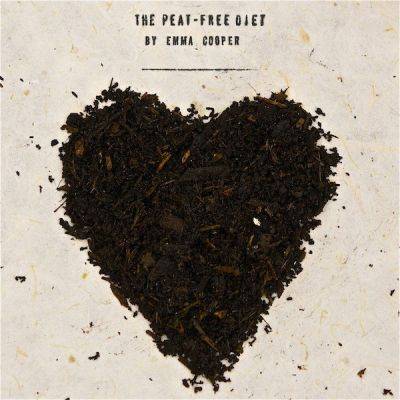
The Peat-Free Diet: Epilogue and Acknowledgements
When I set about blogging The Peat-Free Diet it was an experiment, an journey into the unknown. My aim was to provide gardeners who want to garden without the use of peat with the information they need to do so, and the book evolved into a gardening primer that assumed peat was not on the menu. My love of science made more of an appearance than I had anticipated and there are plenty of big words to cope with, but it is my hope that they are presented in such a way that they are not hard to swallow.
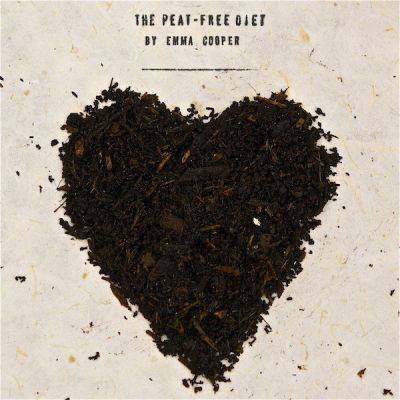
The Peat-Free Diet: Potting on and Hardening Off
Potting on
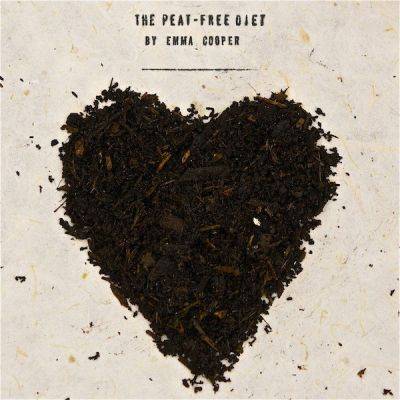
The Peat-Free Diet: The Pantry, A-Z
The Pantry contains information about some of the items that are useful for a peat-free gardener, and gardening terms you may come across on your peat-free travels.
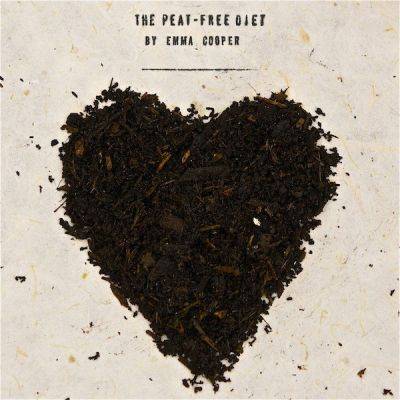
The Peat-Free Diet: Potting Compost
One of the big differences between now and the time before gardeners relied so much on peat-based composts is the rise in container growing. An army of modern amateur gardeners has to put up with small gardens, and possibly with no soil at all. Growing plants in containers allows us to garden wherever we like, and even to grow plants that would not thrive in our soil. Some plants are grown in containers to keep them under control; others so that they can be moved indoors in winter to ensure their survival.
